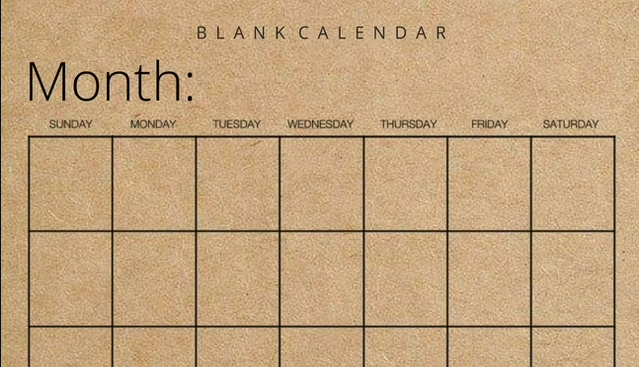A Recipe For Misery

I’ve spent too much of my life second-guessing things. Right and Wrong seem to be just too big to apply to every single decision, every single fork in the road. And yet, I find myself beset with some unknown pressure to make the right choice. Let’s say I get home from work and I have a few hours ahead of me, and the decision of how to spend them. There may be five different options, all with something to recommend them. Do I go get a beer and catch up with a friend? Do I go get dinner with my girlfriend? Well, relationships and connection are some of the most important things in life, right? On the other hand, maybe I have yet to work out that day. Do I drive to the gym to get a good workout in? Do I read my book? Or work on my side project? When faced with five good options, how do I know which one is the right one?
It’s a question that I’ve struggled with for a long time. And I’ve come to accept that there never was, and never will be, an algorithm that can give me the answer. I’ve come to believe there’s a flaw in the question to begin with.
The psychologist Ellen Langer said, you don’t make the right choice, you make the choice right. In other words, making a decision and sticking to it, even if it turns out to have been a suboptimal choice, will always be better than hemming and hawing and waiting until you’re sure. You will never be sure.
Lately, I’ve found a great source of comfort in setting my schedule. I get myself into a positive, relaxed frame of mind once a week, and I write out my plan for the week ahead. I decide when I’ll get up each day, what the most important task that day is, and everything else I want to address. Then, and this is the really-super-crazy part, I stick to it. And the most magical thing has been happening. I no longer worry about spending my time wisely. Even when the plan sucks (it sucks pretty regularly) it’s nothing compared to the psychological discomfort of ambiguity. Ambiguity sucks away focus. Lack of focus leads to half-assing things which leads to bad outcomes. Bad outcomes lead to the belief that I made the wrong choice. The pressure mounts. The vicious cycle continues.
The solution is simple. It’s this: decide what you want, then make a plan that covers a finite period of time. Stick to the plan. At the end of the plan, reassess and make a new plan.
And that’s it. Right and wrong don’t even factor in. The only wrong choice is half-assing.